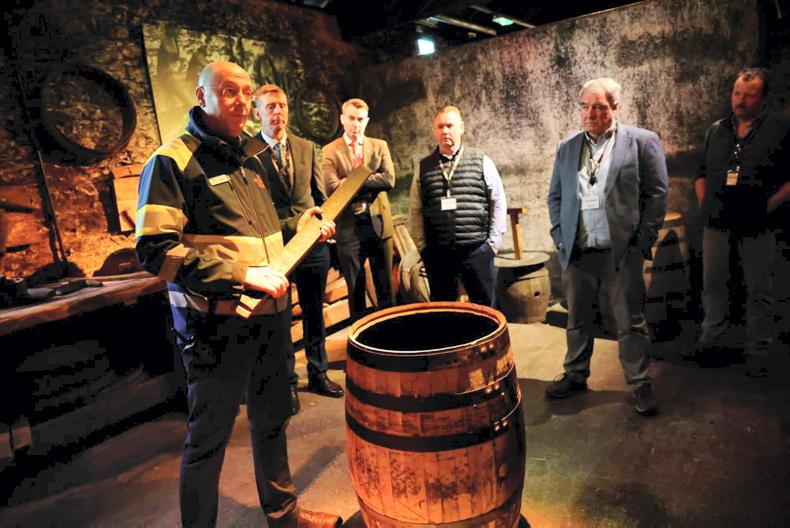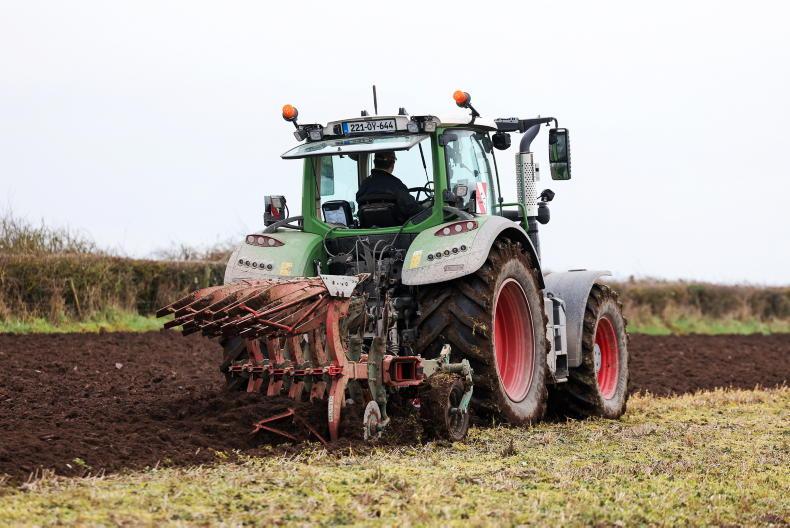At present, the tillage industry and the Department of Agriculture, Food and the Marine are aiming to increase the area planted to protein crops from approximately 10,000ha to 20,000ha. Given the plan to significantly increase area, pests and diseases are likely to become more common.
John Dunne of Goldcrop explained that yield losses of up to 70% are possible where the bean stem nematode is an issue.
The pest is spread by the seed and soil that is infected.
The nematode can be hosted by beans, peas, onions, vetch, buttercups and field bindweed
These nematodes are tiny and up to 19,000 nematodes can be found in a single seed, while approximately 100,000 can be found in a mature stem.
It is therefore essential that spread is limited. Testing seed is one way of ensuring infected seed is not planted on your farm and therefore does not infect soil.
The nematode can be hosted by beans, peas, onions, vetch, buttercups and field bindweed.
The pest can remain dormant in seed for three years. John stated that all Irish certified seed is tested for the nematode as standard.
Those home-saving seed or using uncertified seed should have it tested to help avoid contamination of soil. Soil which is contaminated should not be planted with beans or other host crops for 10 years.










SHARING OPTIONS